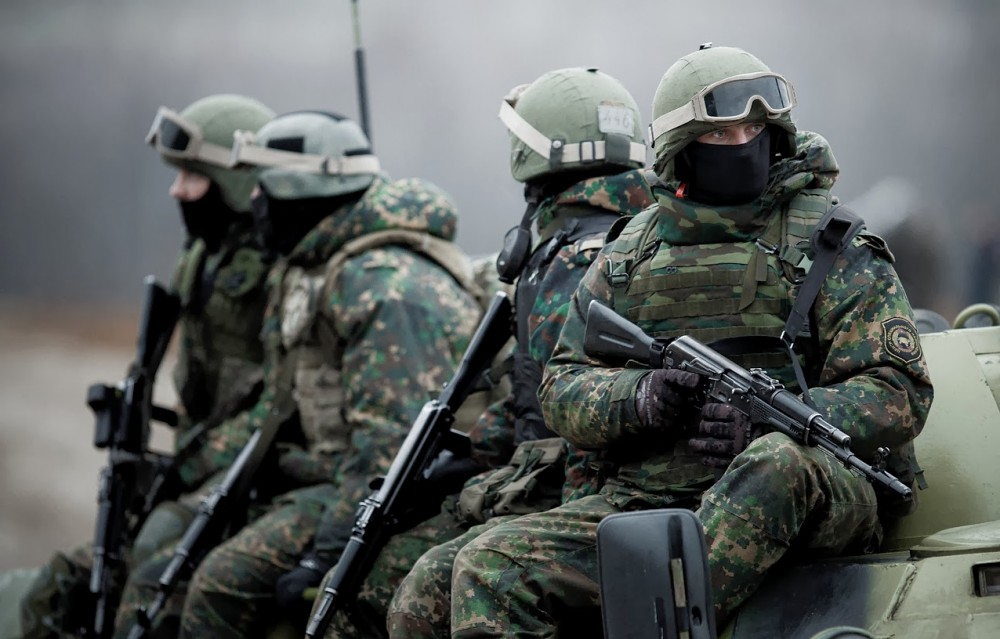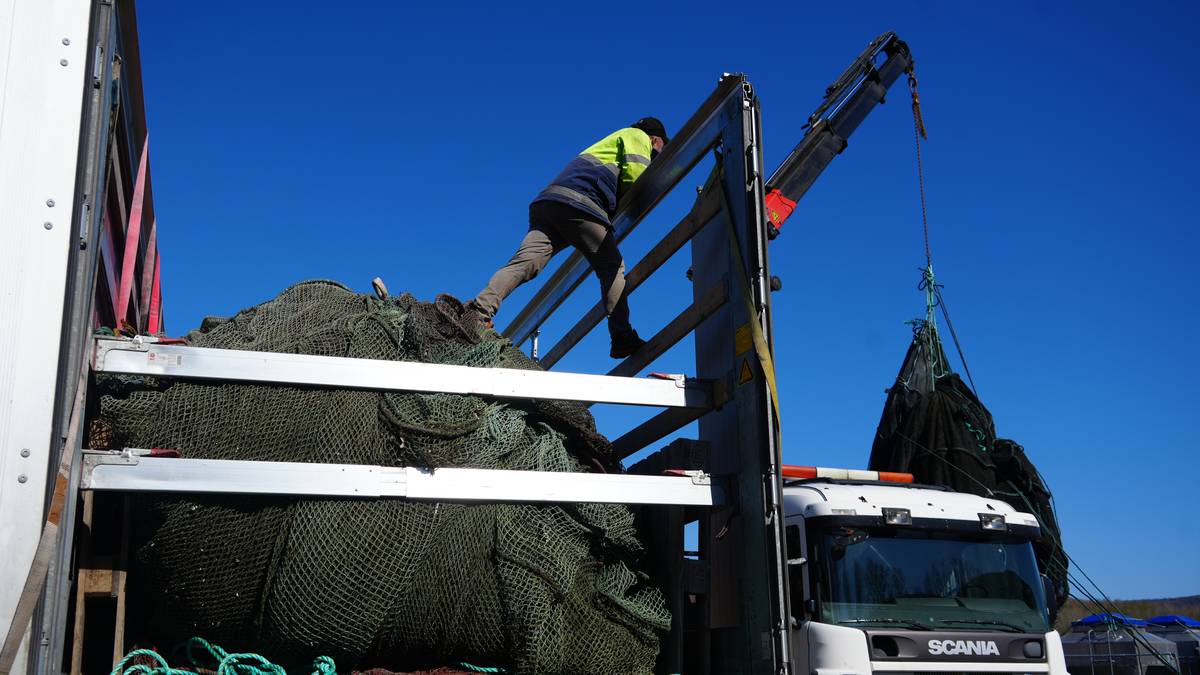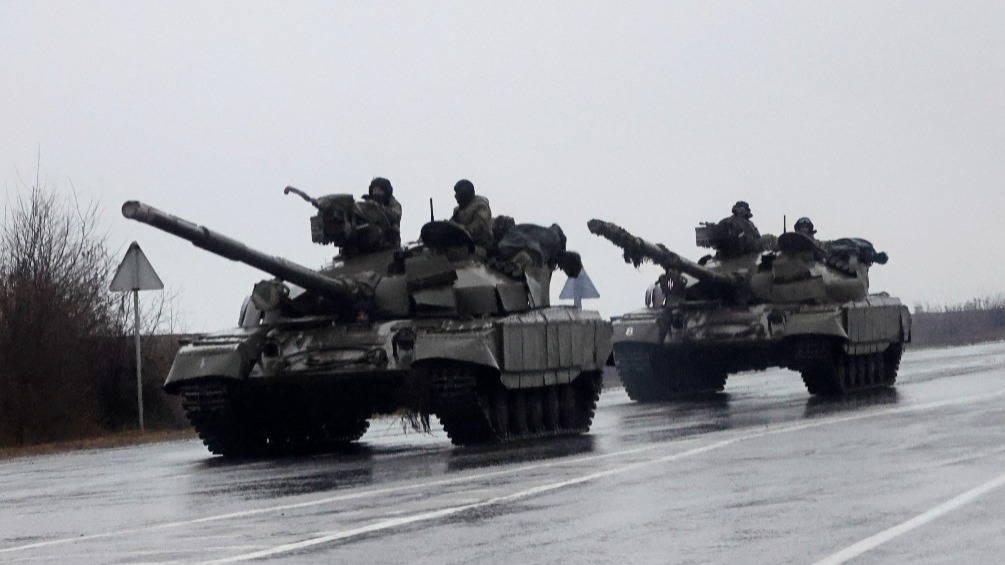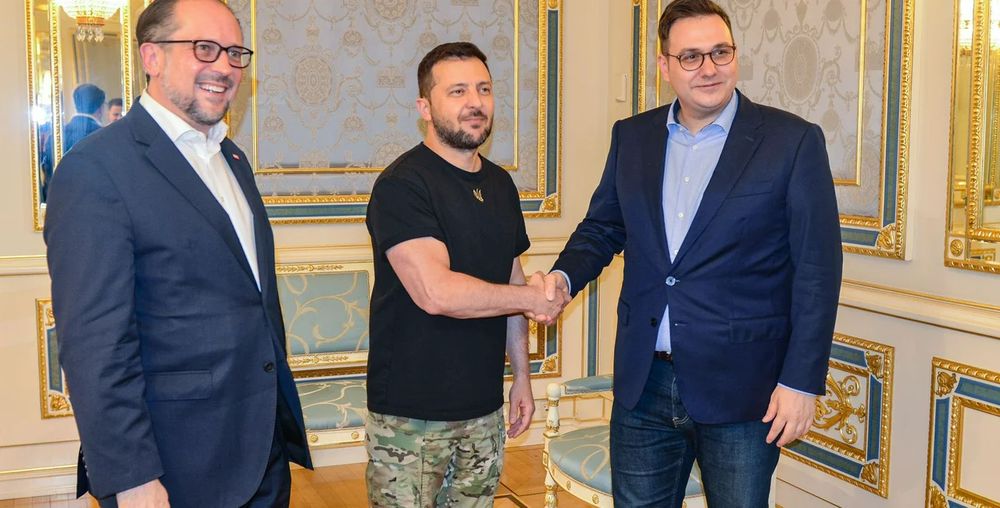Ukraine had a bitter experience with a less ironclad version of this sort of agreement: a multilateral security assurance, as opposed to a guarantee. In 1994, it signed on to the so-called Budapest Memorandum, joining the Nuclear Nonproliferation Treaty as a nonnuclear weapons state and agreeing to give up what was then the world’s third-largest arsenal. In return, Russia, the United Kingdom, and the United States promised that they would not attack Ukraine. Yet contrary to a widespread misconception, in the event of aggression against Ukraine, the agreement required the signatories only to call a UN Security Council meeting, not to come to the country’s defense.
Russia’s full-scale invasion—and the cold reality that Ukraine was fighting an existential war on its own—drove Kyiv to find a way to both end the aggression and ensure it never happened again. On March 14, just as the two delegations were meeting via Zoom, Zelensky posted a message on his Telegram channel calling for “normal, effective security guarantees” that would not be “like the Budapest ones.” In an interview with Ukrainian journalists two days later, his adviser Podolyak explained that what Kyiv sought were “absolute security guarantees” that would require that “the signatories . . . do not stand aside in the event of an attack on Ukraine, as is the case now. Instead, they [would] take an active part in defending Ukraine in a conflict.”
Ukraine’s demand not to be left to fend for itself again is completely understandable. Kyiv wanted (and still wants) to have a more reliable mechanism than Russia’s goodwill for its future security. But getting a guarantee would be difficult. Naftali Bennett was the Israeli prime minister at the time the talks were happening and was actively mediating between the two sides. In an interview with journalist Hanoch Daum posted online in February 2023, he recalled that he attempted to dissuade Zelensky from getting stuck on the question of security guarantees. “There is this
joke about a guy trying to sell the Brooklyn Bridge to a passerby,” Bennett explained. “I said: ‘America will give you guarantees? It will commit that in several years if Russia violates something, it will send soldiers? After leaving Afghanistan and all that?’ I said: ‘Volodymyr, it won’t happen.’”





















